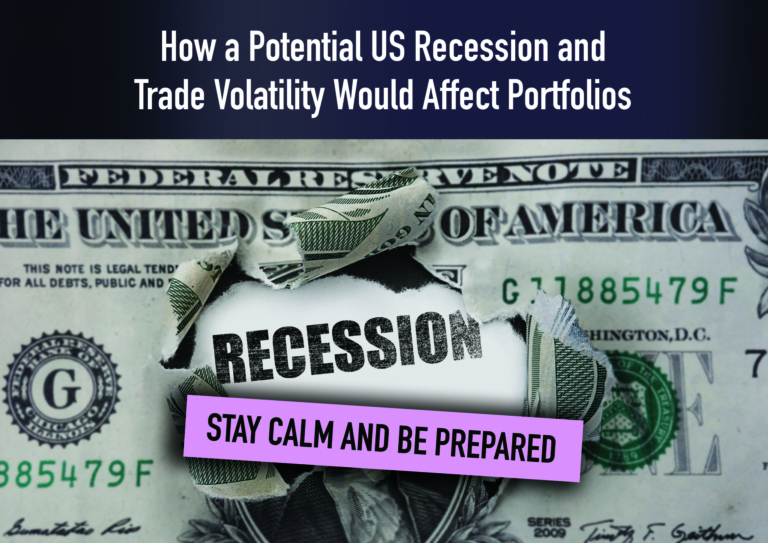With the cost-of-living crisis and inflation remaining high at 10.5% [1], being savvy and saving to give your family a financial cushion and security becomes increasingly important.
But with so many financial products on the market, it can be difficult to choose the right one.
Why open an ISA (Individual Savings Account) and JISA (Junior Individual Savings Account)?
In a future where interest rates continue to stay low, and inflation high, the prospect of an inflation beating, tax-free returns over the longer term is very attractive.
The ISA and JISA tax-free wrappers means any income, dividends, and capital gains can accrue tax-free. Add to this the effect of compounding and the tax-free wrapper around low-cost investments looks even more attractive. They are also a good option if you’re also looking for relatively flexible, easy access to your money.
Other wrapper options such as a Lifetime ISA (LISA) – in which anyone aged between 18 and 39 can save up to £4,000 a year for your first home or retirement, with the state adding a cash bonus of up to £1,000 a year on top, with easy access. The Self Invested Personal Pensions (SIPP) wrapper also has tax advantages but has more restrictions when it comes to withdrawing funds.
Annual Allowances
The Government puts a cap on how much you can put into your ISA in any tax year: from 6 April – 5 April. The ISA allowance for 2022/23 is set at £20,000 per adult. If you’re a couple, you can put up to £40,000 in ISAs between you. Tax-free! The JISA annual limit is £9,000 for 2022/23.
BUT BEWARE!
If you don’t use your £20,000 annual allowance, you can’t ‘carry it over’ to the next year and so, you lose it.
Cash vs Stocks & Shares
The main difference between Cash and Stocks & Shares ISAs and JISAs is that with current Cash ISAs, the average interest rate is around 2.7% per annum [2] compared to the average investment return of a Stocks & Shares ISA over the last 10 years has been 9.64% per annum [3]. Thus, investing via a Stocks & Shares ISA can produce returns ahead of the rate of inflation whereas Cash ISA’s are unlikely to achieve this.
However, there is of course more risk that comes with a Stocks & Shares ISA / JISA as a Cash ISA / JISA simply sits in the account gaining low interest whilst the money in a Stocks & Shares is invested in a Portfolio or fund and is put to work to seek better returns. But as always, your capital is at risk once invested as it’s at the mercy of the market (and the skill of your fund manager!).
Real Returns & The Magic of Compounding
Unfortunately, with high inflation persisting, most ‘real returns’ (the return AFTER inflation and fees have been considered) have not beaten the recent inflation rate of 10.5%. But the good news is that the Bank of England has forecast that the rate of inflation is expected to fall mid-year [4].
Even so, the difference in saving via a Cash ISA/JISA versus investing in a Stocks & Shares ISA/JISA can be stark. In our comparison table below, we illustrate the magic of compounding had you invested £10,000 over a 10-year period in a Cash ISA returning 2.7% per annum versus a Stocks & Shares ISA returning 9.6% per annum:

SCM Direct ISA & JISA accounts
At SCM Direct, we only offer ISA and JISA Stocks & Shares accounts NOT Cash options. We are online wealth managers that operate with an ‘actively passive’ approach to investing using pure ETF trackers and who have over 35 years of experience managing a range of assets. We aim to provide attractive returns whilst balancing cost and risk.
You can open an ISA or JISA yourself by visiting our website and clicking the yellow ‘Invest Now’ button found along the menu bar that takes you to a portal to create your account. You then select the product and portfolio you’d like the money invested in. If you’re having trouble figuring out your risk appetite, we have a useful tool ‘The Attitude To Risk Questionnaire’ to help with that which matches up your risk appetite based on your answers to the portfolio that best aligns with it. It’s important to note that whilst the SCM team are always happy to talk through our products and strategy, we do not offer advice.
[1] https://www.bankofengland.co.uk/monetary-policy/inflation
[2] https://www.moneysavingexpert.com/savings/best-cash-isa/
[3] https://www.fool.co.uk/personal-finance/share-dealing/guides/what-is-the-average-return-on-a-stocks-and-shares-isa/
[4] https://www.bankofengland.co.uk/explainers/will-inflation-in-the-uk-keep-rising
Capital at Risk.
The value of investments can go down in value as well as up, so you could get back less than you invest. It is therefore important that you understand the past performance is not a guide to future returns. SCM Private does not give personal advice based on your circumstances. We aim to provide investors with understandable information so they can make fully informed decisions. If you are unsure about the suitability of our investment portfolios, please contact an independent financial adviser.
SCM Direct is a trading name of SCM Private LLP which is authorised and regulated by the Financial Conduct Authority to conduct investment business No. 497525.
SCM Private LLP is a limited liability partnership registered in England and Wales. No. OC342778.





